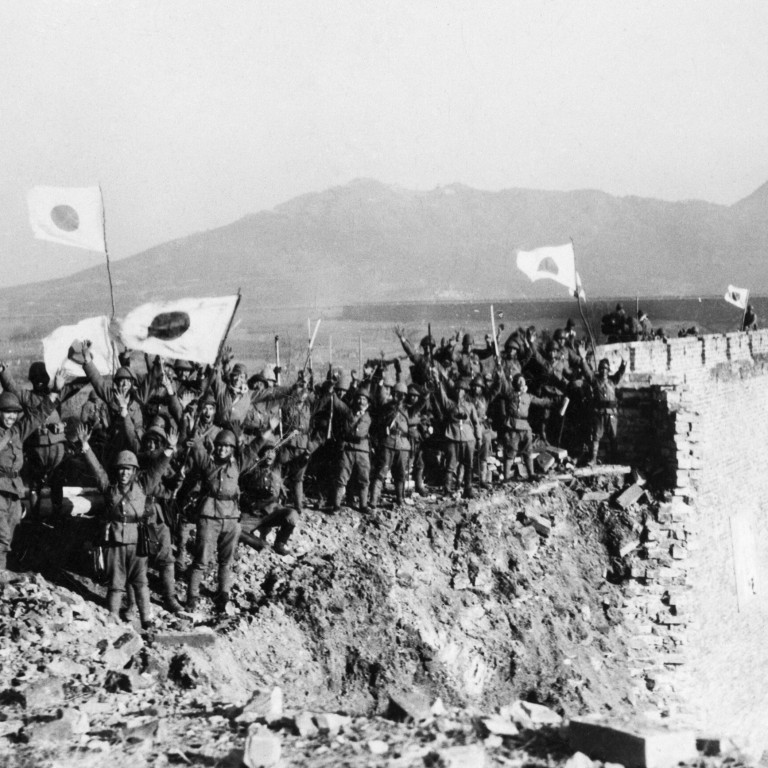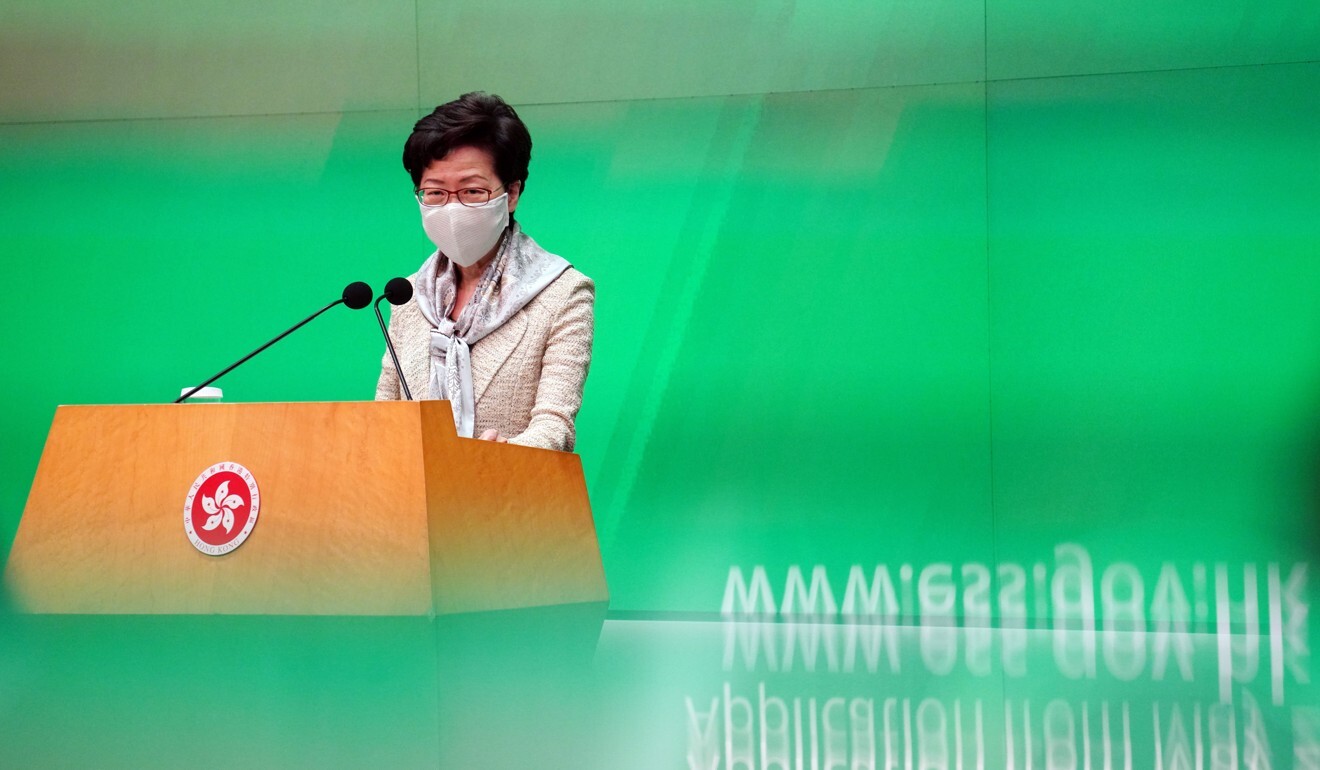
Hong Kong exam bosses agree to axe controversial history test question
- Hong Kong Examinations and Assessment Authority bows to unprecedented request from government
- But some candidates who sat for the test say the authority’s alternative grading mechanism is ‘grossly unfair’
Hong Kong’s exam authorities on Friday evening announced their decision to scrap a controversial university-entrance history exam question on early 20th century Sino-Japanese relations, acquiescing to an unprecedented request made last week by the Education Bureau.
The two excerpts included one from 1905 that discussed a Japanese plan to allow Chinese students to study law and politics there, and a second that covered revolutionary leader Huang Xing’s seeking of financial help from a Japanese politician in 1912.
Why low-key Hong Kong exams body is scrambling for answers
In a statement, HKEAA said its 17-member council concluded there were problems with the way the question had been set, saying it deviated from the learning and assessment goals of the senior secondary education level’s curriculum and assessment guide.
“The reference materials are only excerpts and the question is also not comprehensive, which makes it easy for candidates to come up with a biased and incomprehensive interpretation or answer within the short period of exam time,” the statement read.
“Despite being an open-ended question, setting the scene in the first half of the 20th century in China was inappropriate for a secondary school-level public exam.”
It added that the question had also deviated from the guidelines on handling sensitive topics.
The compulsory question was one of the three asked under the Sino-Japanese relations category, and accounted for eight marks of a total of 60 in the paper.
In the absence of the scrapped question, the authority said, a predicted score would be given to affected candidates based on their answers to other questions in the same paper to “ensure the greatest benefit and fairness”.

The statement added the problematic question would be deleted from the question bank so it would not be a source of reference in future.
But students and teachers told the Post the alternative assessment method was unfair because it would ignore the effort they had spent on the now-excised question, even as a former top exam official said he believed the move would not impact the overall credibility of the DSE exam.
Secretary for Education Kevin Yeung Yun-hung and HKEAA secretary general So Kwok-sang are on Monday expected to appear at a special Legislative Council education panel meeting over the row. They will be joined by education officials Hong Chan Tsui-wah and Gloria Chan Pik-wah, who both sit on the exam authority’s council and had previously called for the scrapping of the “problematic” question.
Debates on potential good from invasions and bloodshed have historical precedent in Hong Kong tests
Candidate Desmond Lau, 18, criticised HKEAA’s alternative grading mechanism as “grossly unfair”.
“A student who knows much and put in a lot of time on that particular question would have scored well in that, but not necessarily on the other questions,” he said. “You can’t just replace one with another.”
Another candidate, 17-year-old Samuel Ng, said he believed his grade might drop because of the alternative assessment, as he believed he had performed better on the dropped question.
Ng, who answered Japan did more harm than good to China in the early 20th century, said: “Candidates usually spend about 15 to 20 minutes on that question for the two-hour paper … I worry I will score lower than originally predicted, because I was more familiar with the period of Japan’s occupation of China since I also study Chinese history.”
Lee Ka-wang, a secondary school history teacher, said many teachers believed the decision to scrap the question was “too hasty”, something that would be unfair to candidates no matter what adjustment methods were adopted.

“Disputes cannot be avoided, because some students who did not do well on that question might get a higher projected score now, while those who did well might get a lower score,” said Lee, who is also an executive committee member of the pro-democracy Professional Teachers’ Union.
Isaac Cheng Ka-long, spokesman for the Hong Kong Secondary Students’ Action Platform, which earlier this week threatened a legal battle if the question was eliminated, said the group would apply for a judicial review over HKEAA’s decision as well as an interim injunction order to stop the question from being invalidated within the next week.
Tong Chong-sze, who served as HKEAA secretary general from 2011 to 2017, said the authority had a mechanism for dealing with invalidated questions that could “cope with all situations”, adding he believed the incident was a one-off and involved just a small percentage of the total grade.
“As there are well-developed methods to adjust the marking and grading accordingly, I do not think that the credibility and reliability of the DSE exams will be affected,” he told the Post on Friday.
DSE history subject committee chairman Lau Chi-pang said he believed the incident would not set a “bad precedent” for future exams.
“When something is done wrongly, it is only natural to investigate the issue. It is [in fact] a desirable precedent,” he said.
The pro-establishment Hong Kong Federation of Education Workers and Education Convergence also said they welcomed the authority’s decision.
Education officials, who demanded the invalidation of the question, first lashed out at the HKEAA last Thursday, after Beijing’s foreign ministry arm in the city and pro-establishment groups called the question problematic.
City leader Carrie Lam Cheng Yuet-ngor on Tuesday had slammed the question as “a professional error” and hinted she could use her office’s powers to invalidate it to “safeguard the quality and aims of education and protect students”.
Additional reporting by Victor Ting
Help us understand what you are interested in so that we can improve SCMP and provide a better experience for you. We would like to invite you to take this five-minute survey on how you engage with SCMP and the news.

